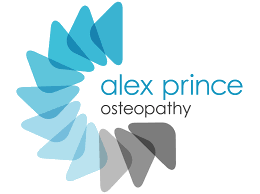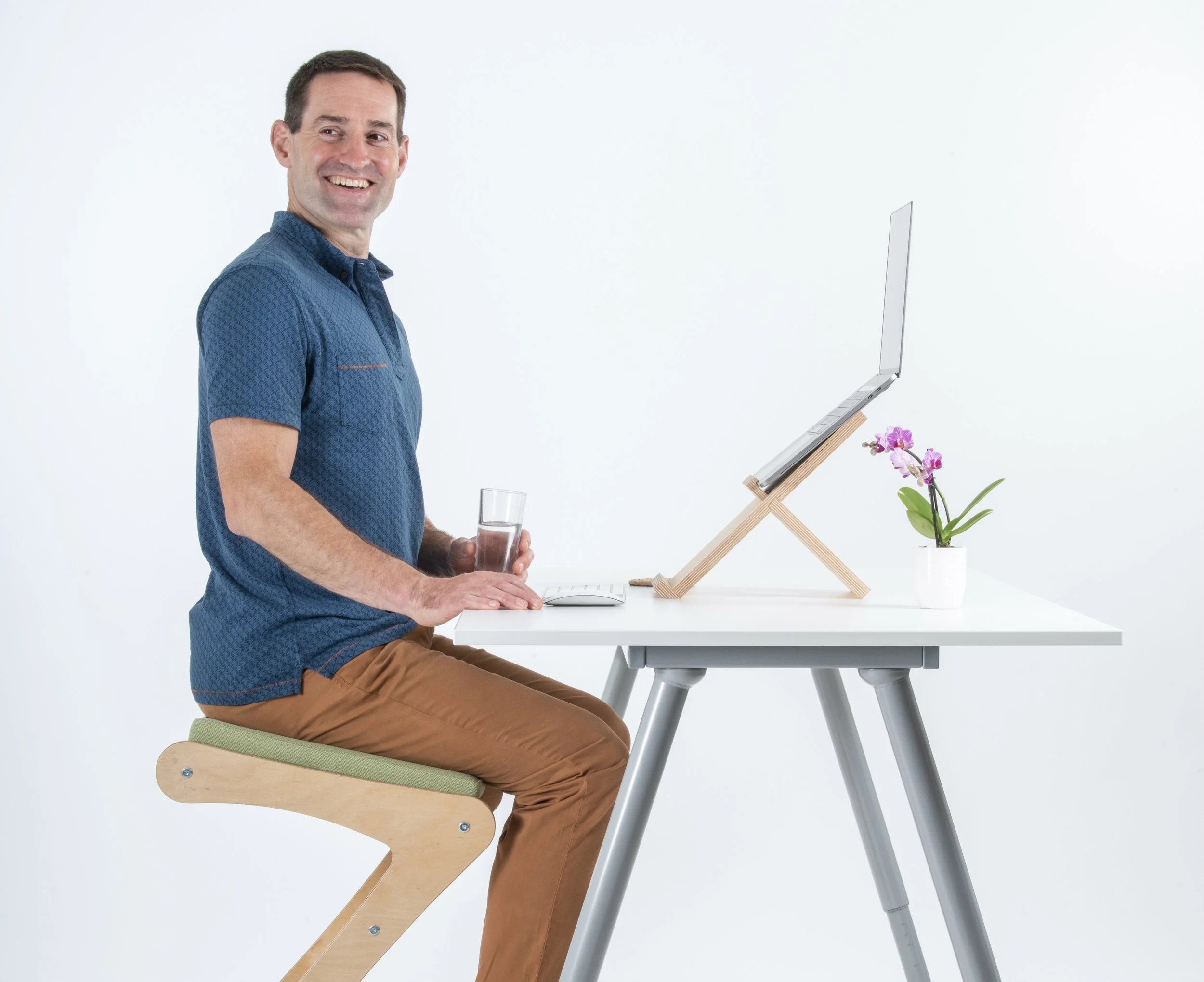As a Bristol Osteopath, I regularly see new patients who are desk workers suffering with joint pain and mobility issues as a result.
The nature of desk working can put an adverse strain on the body, causing joint pain and injuries of different seriousness.
Long periods of sitting down combined with poor posture can adversely load the body's joints, particularly in the spine.
I recently wrote a new post on what do to about poor sitting posture that I recommend all of my desk-working patients to review.
What are the most common desk worker joint injuries?
Having treated desk workers for over 25 years as a Bristol Osteopath, there are common joint injuries that reoccur from patients booking in treatments.
These desk worker injuries include:
Low back strain and disc compression from poor posture and/or prolonged periods of being seated
Upper back aches from being sat too long in one position and stiffening up
Muscular strain of postural muscles
Neck strain and associated aches from incorrect laptop or PC screen height
Hand and arm strain (also called Repetitive Strain Injury or RSI) linked to poor sitting posture at desks
Read this advice on how to prevent RSI-based issues and injuries.
How can I prevent aches, strains and injuries from desk working?
Prevention is the best way to avoid these type of injuries.
I ask patients visiting my Bristol Osteopathy clinic to be mindful of how they sit at their desks and for how long.
One way to prevent desk-based injuries is to review the desk set-up to ensure you are not putting yourself under unnecessary strain.
Good posture is vital: sitting well reduces strain on the body, and helps to maintain the natural spinal curvature.
Read my top tips here on how to sit well when working at a desk.
Move regularly and take Micro Breaks of 30-60 seconds every 20 minutes.
Micro Breaks also help to alleviate the build-up of tension in the body, get the circulation moving, lubricate joints and loosen muscles.
Taking regular breaks from your desk also gives your eyes and brain a rest.
It is also worth considering other types of desk arrangements, such as a standing desk. There are plenty of alternative postural options available.
Can a Bristol Osteopath treat postural injuries?
Osteopathic assessment will look at the body as a whole, and promote better overall health in the entire musculoskeletal system.
If you have postural pain, aches, injuries or RSI issues, consult a Bristol Osteopath.
Osteopathy can help with injuries, as well as prevention of further issues in the form of postural advice.
I also provide my patients with rehabilitative exercises.
With the above assistance, osteopathic management can help to get patients out of pain as well as hopefully also prevent similar joint issues from returning.
If you would like to discuss how osteopathic treatments in Bristol could help you with desk-working-based joint issues, please book a consultation with me online here.
My Bristol osteopath clinic is fully open so if you’re looking for osteopathic treatments, please read this news post to find out about the measures in place at my Henleaze osteopathy clinic for all patients.
For more hints, tips and advice on staying active and healthy, please visit my News section here. (hyperlink with https://www.alexprinceosteopathy.co.uk/bristol-osteopath-news)
To find out more about the full range of osteopathic treatments that I provide in Bristol, please visit here for details.

